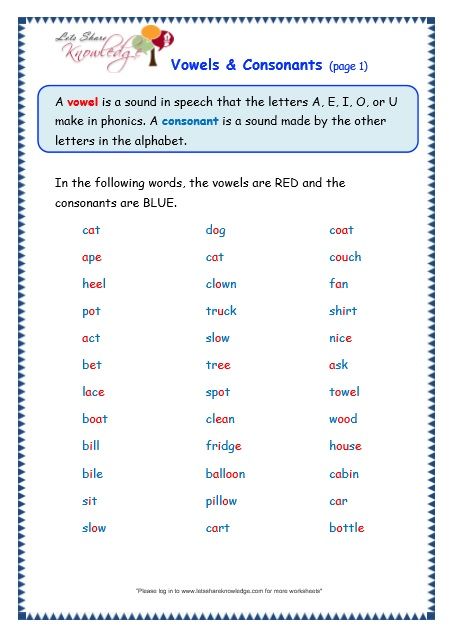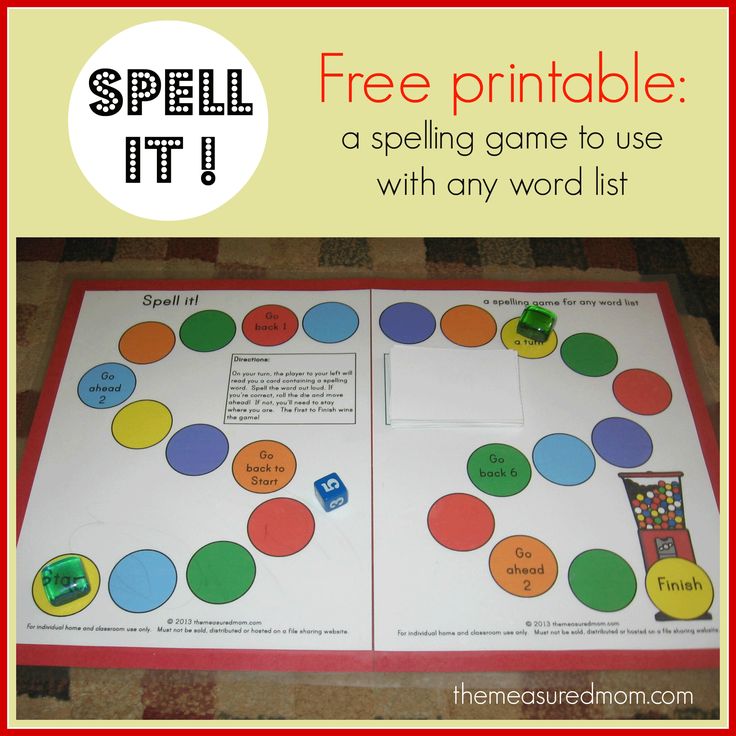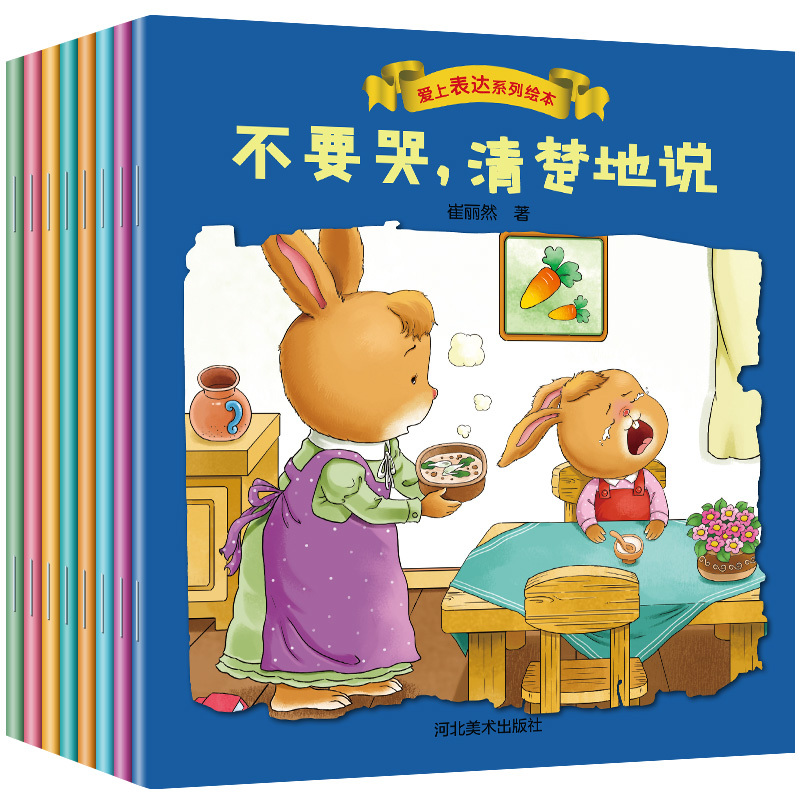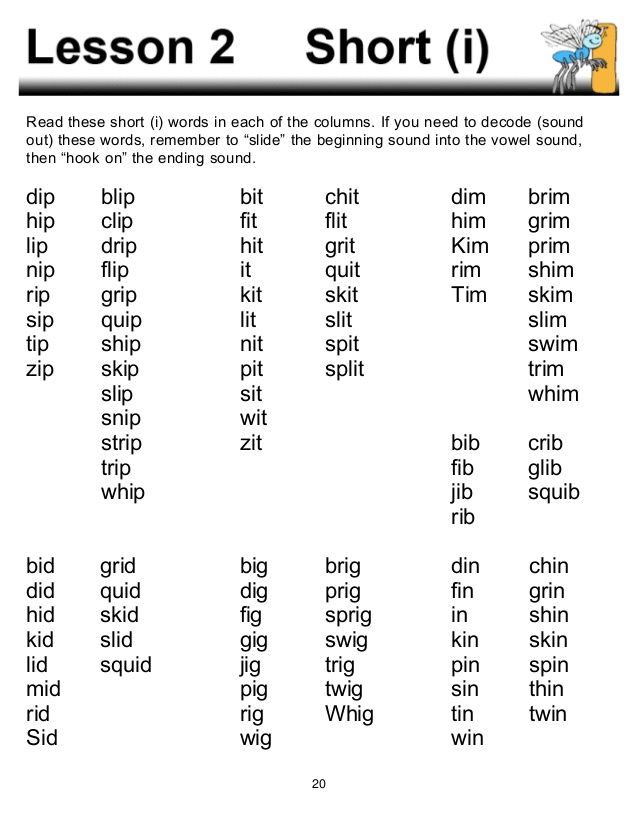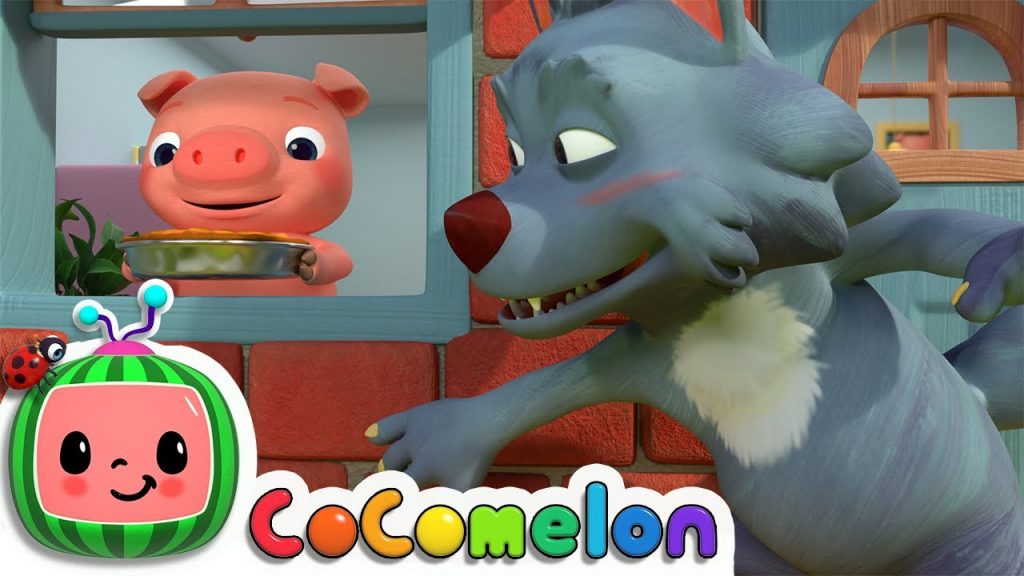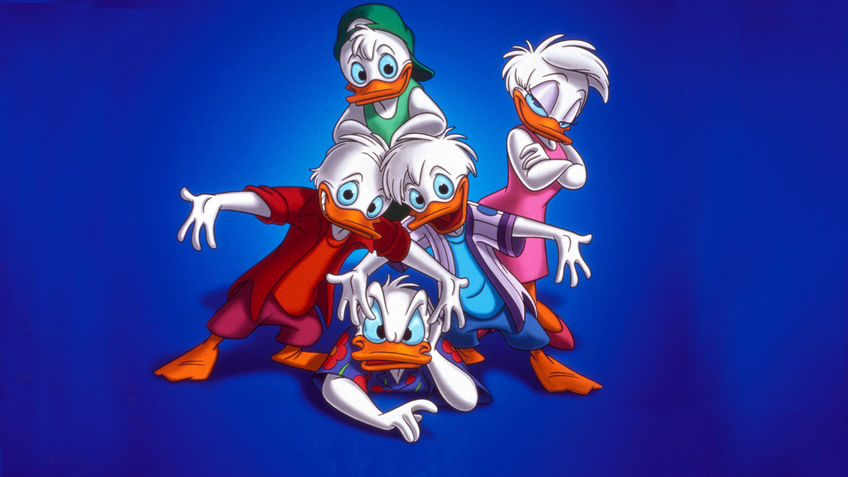Consonants and vowels worksheet
Free Vowels vs Consonants Sounds Printables for Kids
- Printable worksheets
- Learning games
- Educational videos
- Lessons
+ Filters
29 results
Vowels and Consonants
The two major sounds in phonetics are vowels and consonants. Use these fun and free consonant and vowel sounds worksheets to show your children how vowel and consonant pairs can sound different, and also introduce them to new vowel and consonant sounds. For example, “ough” sounds different from how it looks; as seen in “cough”. These worksheets are the perfect teaching companion as they will expose your children to sounds which they might not have come across before. Help your children feel confident knowing everything about vowel and consonant sounds.
- Vowels and Consonants
Sort by
InteractiveMost RecentRelevance Popularity Highest Rating Title
Favorites
Hide done
Long Vowel Review Worksheet
Vowel teams are the way that we make words, and there are all sorts of …
Grade 2
Vowels and Consonants
Worksheet
Enough Is Enough (ough) Worksheet
As your students advance in their education and learn more about reading and pronouncing words, …
Grade 2
Vowels and Consonants
Worksheet
Let's Look for Consonants Worksheet
Use this worksheet to teach your little kids the consonants that we have in the …
Kindergarten
Vowels and Consonants
Worksheet
Circle the Consonants Worksheet
Vowels and consonants are the letters that make up the alphabet.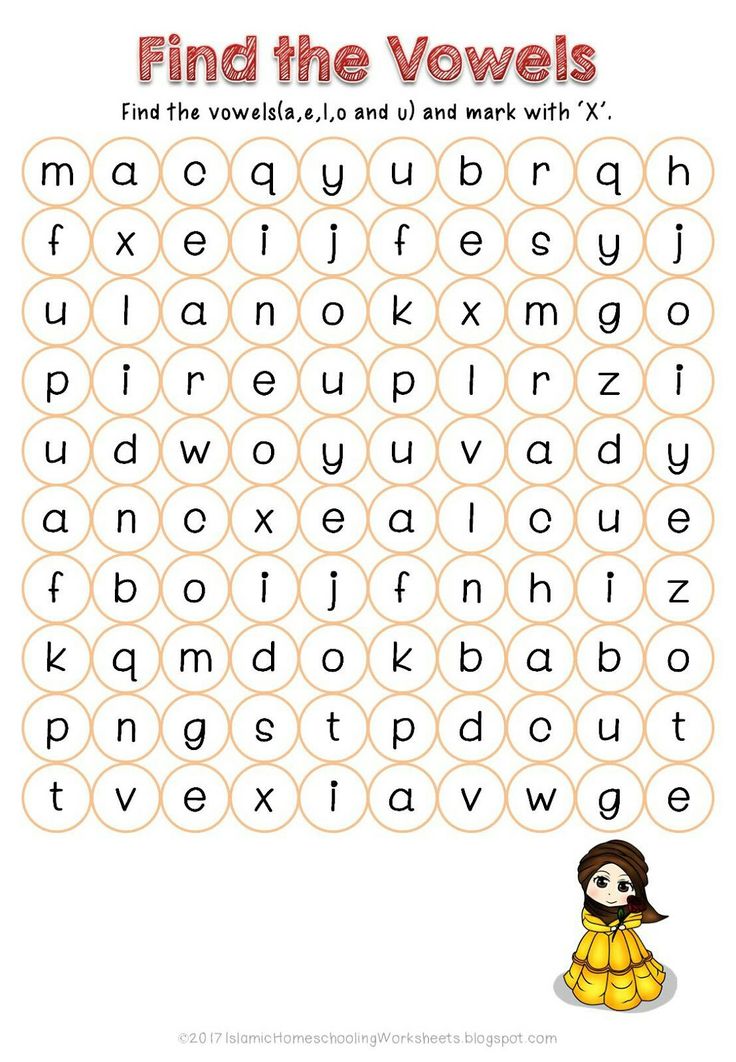 Before beginning this worksheet, …
Before beginning this worksheet, …
Kindergarten
Vowels and Consonants
Worksheet
Reading: OW and OU Words Worksheet
When learning phonetics and the different phonetic sounds, your kids might find the entire thing …
Grade 2
Vowels and Consonants
Worksheet
Reading: IGH as Long I Worksheet
This maze worksheet is fun and educational! Children look for and read words that have …
Grade 2
Vowels and Consonants
Worksheet
Reading: AW Words Worksheet
Get more practice reading words spelled with the /aw/ digraph with this worksheet. Decoding becomes …
Grade 2
Vowels and Consonants
Worksheet
Reading: AW and AU Words Worksheet
Help students remember that the letters au and aw can make the same sound with …
Grade 2
Vowels and Consonants
Worksheet
Reading: Long O Digraphs Worksheet
Reading and decoding words is complex when students begin learning about digraphs. A digraph is …
Grade 2
Vowels and Consonants
Worksheet
Long and Short Vowel Match up Reading Worksheet
Want to help your new reader gain confidence in their decoding skills while they work …
Kindergarten
Vowels and Consonants
Worksheet
Why Vowels? Reading Worksheet
Vowels are important parts of nearly every word, and when beginning readers use their sounds …
Kindergarten
Vowels and Consonants
Worksheet
Find the Vowels Reading Worksheet
Vowels take on various sounds in words, and yet, they’re pivotal to nearly every word …
Kindergarten
Vowels and Consonants
Worksheet
short vowels Worksheet
Say the word “dog” aloud, and notice how long it takes to say the vowel? …
Kindergarten
Vowels and Consonants
Worksheet
long vowels Worksheet
Vowels differ in how they sound and how long it takes to say them. Can …
Can …
Kindergarten
Vowels and Consonants
Worksheet
Short Vowel Eggs Worksheet
Your students will love helping these adorable little birdies pick the short vowel eggs that …
Grade 1
Vowels and Consonants
Worksheet
Long «u» Sound Worksheet
Your child will find the bright and cheery pictures in this free PDF worksheet fun …
Grade 1
Vowels and Consonants
Worksheet
Vowel match Worksheet
Vowel teams (digraphs) can be tricky for early readers as they often make different sounds …
Grade 2
Vowels and Consonants
Worksheet
Long and Short Vowel Sentences: Assessment Worksheet
It can be tough for children to differentiate between long and short vowel sounds, and …
Grade 1
Vowels and Consonants
Worksheet
Vowel and Consonant Sounds: Assessment Worksheet
Learning the difference between vowel and consonant sounds and recognizing them on paper to write …
Kindergarten
Vowels and Consonants
Worksheet
Matching Consonant Sounds: Part 3 Worksheet
Familiar pictures guide early learners to learn consonant sounds and match them to written words …
Kindergarten
Vowels and Consonants
Worksheet
Matching Consonant Sounds: Part 2 Worksheet
Look at the picture and say the word aloud. Which consonant letter does it start …
Which consonant letter does it start …
Kindergarten
Vowels and Consonants
Worksheet
Matching Consonant Sounds: Part 1 Worksheet
Is it this letter or that? Try out each for size while matching consonant letters …
Kindergarten
Vowels and Consonants
Worksheet
Matching Vowel Sounds Worksheet
Ask your child to name a vowel sound and listen to it carefully. Is it …
Kindergarten
Vowels and Consonants
Worksheet
Long or Short Vowel Sound? Worksheet
Teach your kids about the long and short vowel sounds with this simple worksheet. First, …
Grade 2
Vowels and Consonants
Worksheet
Try Kids Academy for FREE!
See full Learning Program
Yes, I want to add E‑Blox - the brick-compatible construction set for building 3D circuits with lights, sounds, motion, and other.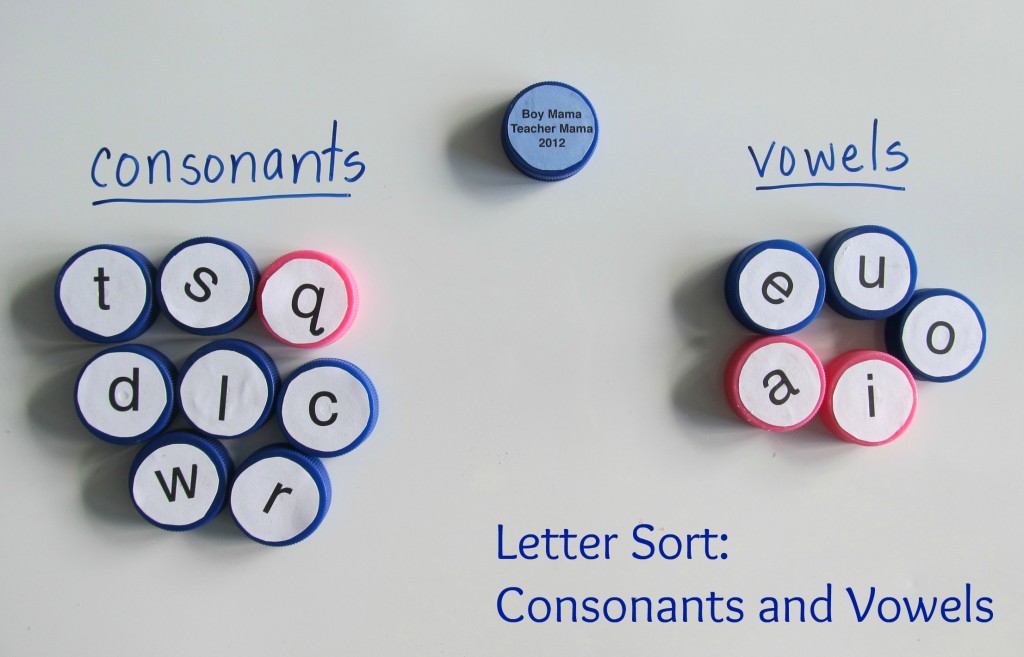
$19.99
Enter coupon code
Note: You will not be billed until your free trial has ended and can cancel at any time. No strings attached.
Great for kids
Our 7 years old daughter loves reading activities and every off-line game Kids Academy offers. This is a very good app, I highly recommend it!
TonyThan
So engaging
We love how we can focus on math with this app. It is engaging and we love how we are able to adjust and tailor the levels according to our son’s knowledge and skill levels!
Momma Anna
Great app
Wow! This app is really great. For the first time my kids actually enjoy learning math and reading. The games on Kids Academy are educational and really fun.
The games on Kids Academy are educational and really fun.
Kimberlyxo
Great app!
This app is wonderful for my 7 years old son! :) It focuses on basic reading, writing, and math skills. The reward system is great and consistent!
Lilbittygarza
Daughter's favorite
Still a top favorite for our 7 year old. She loves earning her stars as she learns to trace letters and numbers. Coloring and the sounds are engaging and are on target for her age group and being Pre K.
Surviving5Kids
Such a great app!
This was a really fun way to get my kids to practice their math. I usually struggle to get them into it and Kids Academy makes it easy.
Fernanndas Stoun
English ESL Consonants and vowels worksheets
GrammarAdjectivesAdjectives to describe feelings / mood / toneAdjectives to describe personality and characterAdjectives with –ed or -ingAdjectives: Gradable / Non-gradable adjectivesAdjectives: Incomparable adjectivesAdjectives: OppositesAdjectives: Order of adjectivesAdverbsAdverbs of degreeAdverbs of frequencyAdverbs of mannerAdverbs of placeAdverbs of timeAdverbs: IntensifiersAdverbs: Order of adverbsApostrophe SArticlesArticles: definite articles (the)Articles: indefinite articles (a/an)Articles: zero articleAuxiliary verbsBackshift in time (e.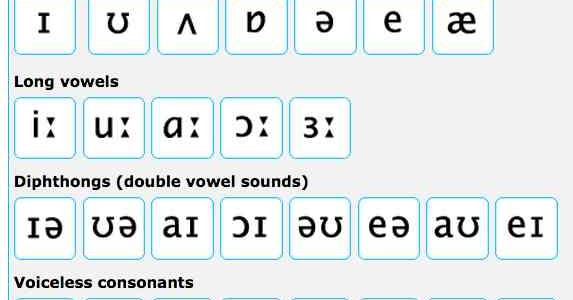 g. WILL/WOULD)BE (auxiliary verb)BE + infinitive structures (e.g. he was to become famous)BE ABLE TOBE: WAS or WERECANCAN or BE ABLE TOCAN or COULDCausativeClauses of contrast (e.g. although, while)Clauses of purpose (e.g. in order to, so that, so as to)Clauses of reason (e.g. because, because of, due to, as, since)Clauses of result (e.g. so)Cleft sentences (e.g. It's Joey we're looking for)Commands (imperatives)Comparison (comparative and superlative)Comparison: Comparative adjectives and structuresComparison: Superlative adjectives and structuresComparisons: AS or THANConditional 0 (zero)Conditional 1 (first conditional)Conditional 2 (second conditional) - wouldConditional 3 (third conditional)ConditionalsConditionals - I wish / If onlyConditionals - Mixed conditionalsConditionals: Conditional phrases (e.g. unless, provided that, as long as)Conjunctions (aka connectives, e.g. and, but, or, so, then)Consonants and vowelsContractions (shortened forms, e.g. don't, aren't, etc.)CoordinationCountable and uncountable nounsDeterminers (words that can come before nouns)Discourse markersDO or DOESEllipsis (omission of words)ExclamationsFEW or A FEW, LITTLE or A LITTLEFigures of speech, metaphors, metonymsFormal and informal English (politeness or colloquial language)Future continuous tense: (will be V+ing)Future perfect continuous (progressive) tenseFuture perfect simple and continuous (progressive) tenseFuture perfect simple tenseFuture phrases (e.
g. WILL/WOULD)BE (auxiliary verb)BE + infinitive structures (e.g. he was to become famous)BE ABLE TOBE: WAS or WERECANCAN or BE ABLE TOCAN or COULDCausativeClauses of contrast (e.g. although, while)Clauses of purpose (e.g. in order to, so that, so as to)Clauses of reason (e.g. because, because of, due to, as, since)Clauses of result (e.g. so)Cleft sentences (e.g. It's Joey we're looking for)Commands (imperatives)Comparison (comparative and superlative)Comparison: Comparative adjectives and structuresComparison: Superlative adjectives and structuresComparisons: AS or THANConditional 0 (zero)Conditional 1 (first conditional)Conditional 2 (second conditional) - wouldConditional 3 (third conditional)ConditionalsConditionals - I wish / If onlyConditionals - Mixed conditionalsConditionals: Conditional phrases (e.g. unless, provided that, as long as)Conjunctions (aka connectives, e.g. and, but, or, so, then)Consonants and vowelsContractions (shortened forms, e.g. don't, aren't, etc.)CoordinationCountable and uncountable nounsDeterminers (words that can come before nouns)Discourse markersDO or DOESEllipsis (omission of words)ExclamationsFEW or A FEW, LITTLE or A LITTLEFigures of speech, metaphors, metonymsFormal and informal English (politeness or colloquial language)Future continuous tense: (will be V+ing)Future perfect continuous (progressive) tenseFuture perfect simple and continuous (progressive) tenseFuture perfect simple tenseFuture phrases (e.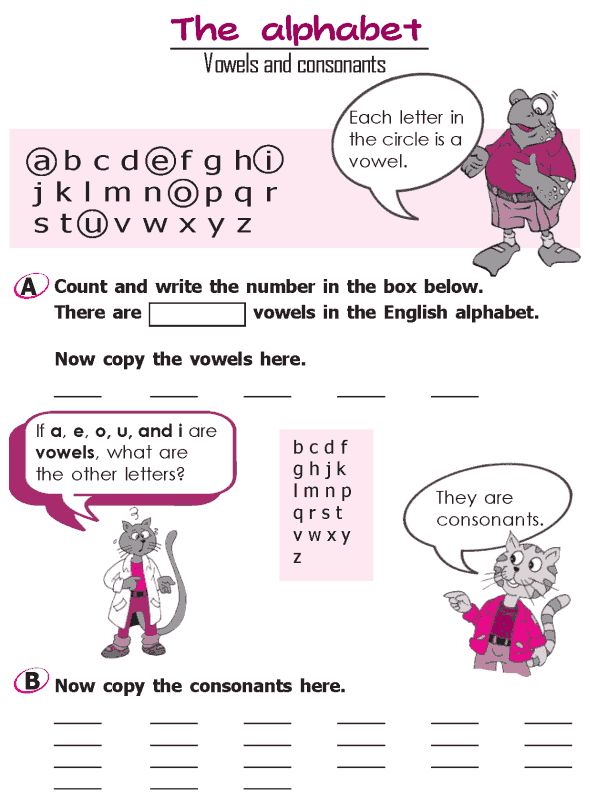 g. be about to, bound to, likely to, due to, set to + INF)Future simple tense expressed with WILLFuture simple vs future continuousFuture tensesGenitive S vs OF (expressing possession)GerundsGerunds and InfinitivesGerunds: Perfect gerundGerunds: Progressive gerundHAD BETTERHAD BETTER vs WOULD RATHERHAVE GOT or HAS GOTHomonyms (two words with the same pronunciation - homophones and homographs)Infinitive structuresInfinitive: Bare infinitiveInfinitive: Perfect infinitiveInfinitive: Progressive infinitiveInfinitive: Split infinitiveInversion (inverted word order)Irregular verbsIt as preparatory subject (e.g. it's raining, it's nice of you to)Linking verbs (aka copulas, e.g. I am a student)MAY or MIGHTModalsMUCH or MANYMUST or HAVE TO (obligation)MUST or MUSTN'TNegatives (negation, saying No)NounsNouns: Collective nouns (team, class, family, committee)Nouns: Compound nounsNouns: Proper nouns (names of people, cities, companies)Numbers: Cardinal numbersNumbers: Ordinal numbersOpposites (antonyms)OUGHT TOOxymorons (phrases with words of contradictory meaning, e.
g. be about to, bound to, likely to, due to, set to + INF)Future simple tense expressed with WILLFuture simple vs future continuousFuture tensesGenitive S vs OF (expressing possession)GerundsGerunds and InfinitivesGerunds: Perfect gerundGerunds: Progressive gerundHAD BETTERHAD BETTER vs WOULD RATHERHAVE GOT or HAS GOTHomonyms (two words with the same pronunciation - homophones and homographs)Infinitive structuresInfinitive: Bare infinitiveInfinitive: Perfect infinitiveInfinitive: Progressive infinitiveInfinitive: Split infinitiveInversion (inverted word order)Irregular verbsIt as preparatory subject (e.g. it's raining, it's nice of you to)Linking verbs (aka copulas, e.g. I am a student)MAY or MIGHTModalsMUCH or MANYMUST or HAVE TO (obligation)MUST or MUSTN'TNegatives (negation, saying No)NounsNouns: Collective nouns (team, class, family, committee)Nouns: Compound nounsNouns: Proper nouns (names of people, cities, companies)Numbers: Cardinal numbersNumbers: Ordinal numbersOpposites (antonyms)OUGHT TOOxymorons (phrases with words of contradictory meaning, e. g. living dead)ParticiplesParticiples: Past participle (e.g. HAVING DONE)Participles: Present participle (e.g. DOING)Parts of Speech (aka word classes, e.g. nouns, verbs, adjectives, adverbs)Passive voice or active voicePast continuous (progressive) tensePast perfect continuous (progressive) tensePast perfect simple tensePast perfect simple vs continuous tensePast simple tensePast simple vs continuous tensePast tense: USED TOPersonal pronounsPhonetics (pronunciation, IPA, phonetic symbols)Phrasal verbsPlural nouns: irregular pluralsPlural nouns: regular plurals with S endingPrefixes (e.g. A, UN, IM, DIS, MIS, EN, etc. )PrepositionsPrepositions of movementPrepositions of placePrepositions of timePrepositions vs adverbs (e.g. before me, saw him before.)Prepositions: Double prepositions (e.g. out of)Prepositions: Participle prepositions (e.g. pending, concerning)Prepositions: Phrase prepositions (e.g. by means of)Present continuous (progressive) tensePresent perfect continuous (progressive) tensePresent perfect or past simple tensePresent perfect simple tensePresent perfect tense: FOR or SINCEPresent perfect tensesPresent simple tensePresent simple tense: S for third person singular verbsPresent simple vs continuous (progressive) tensePronouns: EACH OTHER, ONE ANOTHER (reciprocal pronouns)Pronouns: ONE / ONES (e.
g. living dead)ParticiplesParticiples: Past participle (e.g. HAVING DONE)Participles: Present participle (e.g. DOING)Parts of Speech (aka word classes, e.g. nouns, verbs, adjectives, adverbs)Passive voice or active voicePast continuous (progressive) tensePast perfect continuous (progressive) tensePast perfect simple tensePast perfect simple vs continuous tensePast simple tensePast simple vs continuous tensePast tense: USED TOPersonal pronounsPhonetics (pronunciation, IPA, phonetic symbols)Phrasal verbsPlural nouns: irregular pluralsPlural nouns: regular plurals with S endingPrefixes (e.g. A, UN, IM, DIS, MIS, EN, etc. )PrepositionsPrepositions of movementPrepositions of placePrepositions of timePrepositions vs adverbs (e.g. before me, saw him before.)Prepositions: Double prepositions (e.g. out of)Prepositions: Participle prepositions (e.g. pending, concerning)Prepositions: Phrase prepositions (e.g. by means of)Present continuous (progressive) tensePresent perfect continuous (progressive) tensePresent perfect or past simple tensePresent perfect simple tensePresent perfect tense: FOR or SINCEPresent perfect tensesPresent simple tensePresent simple tense: S for third person singular verbsPresent simple vs continuous (progressive) tensePronouns: EACH OTHER, ONE ANOTHER (reciprocal pronouns)Pronouns: ONE / ONES (e.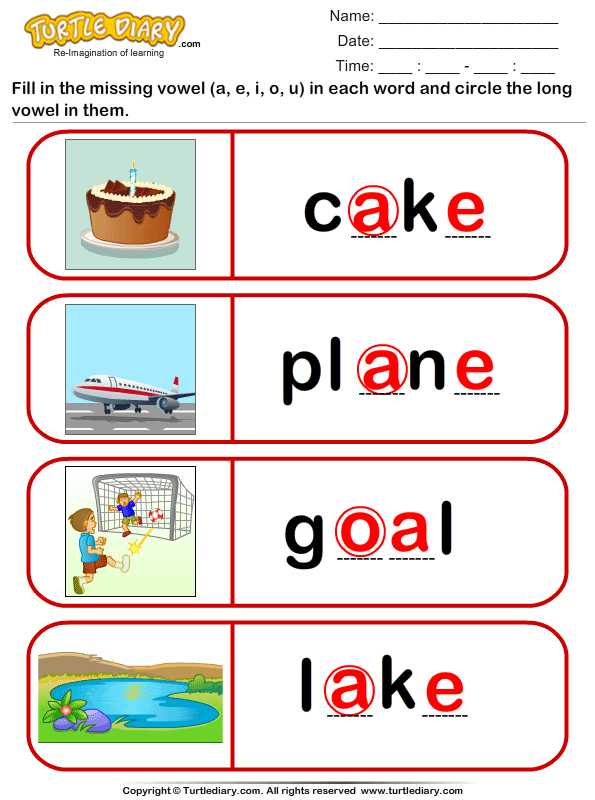 g. the big one)Pronouns: Possessive pronouns (e.g. my, mine)Pronouns: Reflexive pronouns (e.g. myself, yourself))Pronouns: SOMEBODY, ANYBODY, EVERYBODY, NO ONE, NOTHING, etc.Pronouns: THIS, THAT, THESE, THOSE (demonstratives)Pronouns: YOU and THEY to talk about people in generalPunctuationPunctuation: CommasPunctuation: correcting run-on sentencesQuantifiers (e.g. some, many, much, any, few, little)Question tagsQuestion wordsQuestions (interrogative)Questions and short answersQuestions: Object questionsQuestions: Subject questionsQuestions: Subject vs object questionsQuestions: WH questions (open-ended questions)Questions: Yes or No questionsRelative clausesRelative Clauses: DefiningRelative Clauses: Non-definingRelative clauses: Relative adverbsRelative clauses: WHAT or WHICHReported Speech (Indirect speech)Reported speech: reported questions (indirect questions)Reported speech: Reporting verbsSHOULD, SHOULDN'TSO - NEITHER / NOR (meaning "too")SO or SUCH + adjectivesSOME or ANYSubject and verb agreementSubjunctive moodSubordinate (dependent) clausesSuffixes (e.
g. the big one)Pronouns: Possessive pronouns (e.g. my, mine)Pronouns: Reflexive pronouns (e.g. myself, yourself))Pronouns: SOMEBODY, ANYBODY, EVERYBODY, NO ONE, NOTHING, etc.Pronouns: THIS, THAT, THESE, THOSE (demonstratives)Pronouns: YOU and THEY to talk about people in generalPunctuationPunctuation: CommasPunctuation: correcting run-on sentencesQuantifiers (e.g. some, many, much, any, few, little)Question tagsQuestion wordsQuestions (interrogative)Questions and short answersQuestions: Object questionsQuestions: Subject questionsQuestions: Subject vs object questionsQuestions: WH questions (open-ended questions)Questions: Yes or No questionsRelative clausesRelative Clauses: DefiningRelative Clauses: Non-definingRelative clauses: Relative adverbsRelative clauses: WHAT or WHICHReported Speech (Indirect speech)Reported speech: reported questions (indirect questions)Reported speech: Reporting verbsSHOULD, SHOULDN'TSO - NEITHER / NOR (meaning "too")SO or SUCH + adjectivesSOME or ANYSubject and verb agreementSubjunctive moodSubordinate (dependent) clausesSuffixes (e.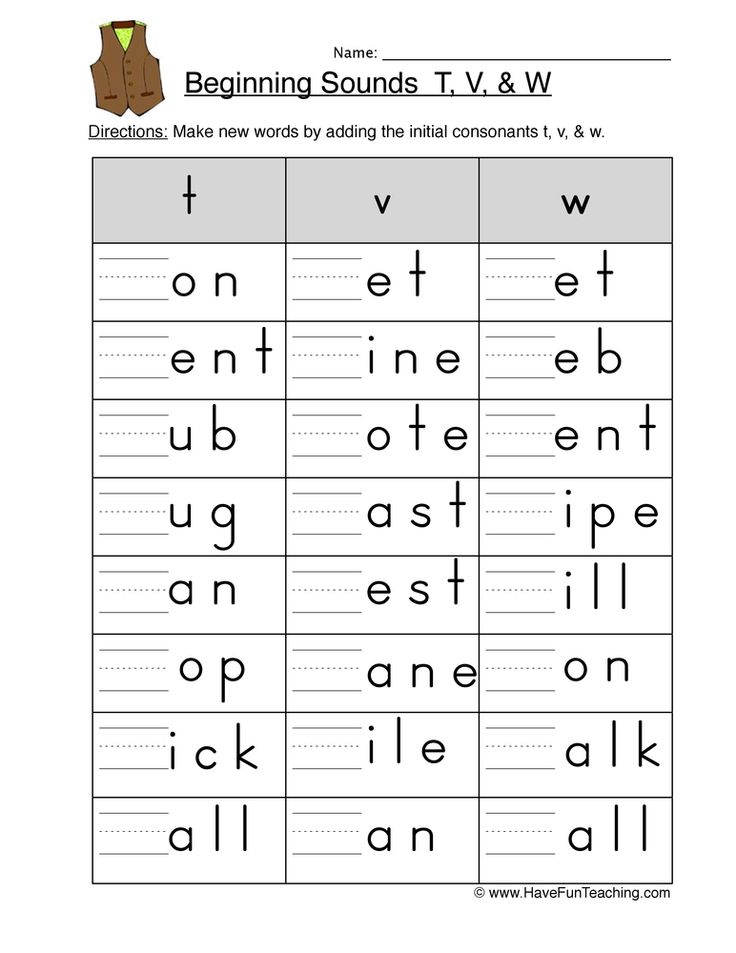 g. S, ED, ING, N'T)There is / there are / there was / there were / there will be, etc.Too and enough Verb patternsVerb phraseVerb tensesVerbs: Action verbsVerbs: Dynamic verbsVerbs: State verbs (aka stative verbs)Verbs: State verbs vs dynamic verbsVerbs: Transitive or intransitive verbs (words that can or cannot stand with objects)Word classesWord formationWord order
g. S, ED, ING, N'T)There is / there are / there was / there were / there will be, etc.Too and enough Verb patternsVerb phraseVerb tensesVerbs: Action verbsVerbs: Dynamic verbsVerbs: State verbs (aka stative verbs)Verbs: State verbs vs dynamic verbsVerbs: Transitive or intransitive verbs (words that can or cannot stand with objects)Word classesWord formationWord order
VocabularyAbilityAccidentsActionsAddictionsAdvertising/marketingAgeAllergiesAlphabetAmerican/British EnglishAnimalsArtAustraliaAutumnBeautyBirthdaysBody art, piercing, tattoesBody partsBooks and readingBrainteasersCelebrities (stars, famous people)ChristmasCityClassroomClothes, fashionColoursComputer gamesComputers & TechnologyCountriesCrime, law and punishmentCulture, intercultural communication, cross-cultural communicationDaily routinesDatesDays of the weekDebateDescribing peopleDinosaursDreamsEasterEnvironmentExtreme sportsFablesFaceFamilyFashion & clothesFather's dayFeelings, emotionsFoodFree time, leisure activitiesFriendsFurnitureFutureGiving DirectionsGoing out, entertainmentGoing to a restaurantGossipsGraffiti, street artGreetingsHabits (good and bad)HalloweenHealth, going to the doctorHistoryHobbiesHolidaysHomeHomonymsHuman rights, racism, discriminationHumorIdiomsIrelandJobs, workLearning languagesLikes and dislikesLondonLove, romance, datingMarriageMeans of transportMemoriesMoneyMonthsMother's dayMovies & TV showsMusicNew Year's EveNewspaper EnglishNumbersOlympicsOppositesParties, partying, going to partiesPastPeoplePersonality and characterPhoningPiratesPlacesPokémon GoPolitics, voting, electionsRobotsRooms in the houseSchoolScienceSeasonsShapesShoppingSmart phones, tablets and gadgetsSocializing, small talkSpaceSportsSpringSt. Patrick's dayStorytellingSuccessSummerSynonymsTechnical EnglishTechnologyTelling the timeThanksgivingTimeTourismToysTraditions, national customsTravelUnited KingdomUnited States of America (USA)Valentine's DayWeatherWinterWomen and men, gender rolesWords easily confused
Patrick's dayStorytellingSuccessSummerSynonymsTechnical EnglishTechnologyTelling the timeThanksgivingTimeTourismToysTraditions, national customsTravelUnited KingdomUnited States of America (USA)Valentine's DayWeatherWinterWomen and men, gender rolesWords easily confused
Material Typeactivities promoting classroom dynamics (group formation)activities with music, songs & nursery rhymesadapting the coursebookboardgamesbusiness Englishclassroom management (classroom rules, discipline, teacher authority)classroom postersCLT (Communicative Language Teaching) resourcesConversation topics & dialogsCritical thinking cross-cultural communication (multiculturalism, intercultural communication)crosswordscurriculum design, grammar syllabus designDebating (argumentation)Direct Method activitieserror correction and scaffolding techniques, tips about how to correct student errorsflashcardsfun activities & gamesgamesgeneral teaching tips, ideas & techniquesgrading & testing (assessment)grammar drillsgrammar guideshomework (assigning, checking, grading, etc. )how to ask good questionshow to give instructionshow to manage student projectshow to promote creativity & imagination in studentshow to promote learner autonomyhow to promote student cooperation, cooperative learninghow to survive parent-teacher conferenceshow to teach 'unplugged' (without technology)how to teach giving presentationshow to teach grammarhow to teach large classeshow to teach listeninghow to teach mixed-age / mixed-ability classeshow to teach politeness (etiquette)how to teach readinghow to teach speakinghow to teach spelling & the alphabethow to teach students with special educational needs, learning difficulties, e.g. dyslexiahow to teach vocabulary (lexis, morphology)how to teach with pictureshow to teach with stories (storytelling)how to teach with the interneticebreakersICT (using technology in the classroom)improving students' dictionary skills (using the dictionary)Information gap activitieskinesthetics, TPR (Total physical response) activitiesmnemonics, memory techniquesmotivating studentsone-on-one activitiespicture description exercisespicture dictionariespicture storiespreparing for lessonspronunciation exercises (phonics)reading comprehension exercisesrole plays, drama and improvisation activitiesSentence transformation & rephrasing exercisesstudent learning stylesTBL (Task -based learning) activitiesTeacher development materialteacher development, self-evaluation, classroom observationteststime management & timingtime saving tips for teacherstips for beginner teacherstranslation exercisestutorials about creating worksheetsusing body language (facial expressions, gestures, eye contact)video & movie activitieswarmers & coolersweb tools for teachers wordsearchesworksheet templates & layoutswriting & creative writing tasks
)how to ask good questionshow to give instructionshow to manage student projectshow to promote creativity & imagination in studentshow to promote learner autonomyhow to promote student cooperation, cooperative learninghow to survive parent-teacher conferenceshow to teach 'unplugged' (without technology)how to teach giving presentationshow to teach grammarhow to teach large classeshow to teach listeninghow to teach mixed-age / mixed-ability classeshow to teach politeness (etiquette)how to teach readinghow to teach speakinghow to teach spelling & the alphabethow to teach students with special educational needs, learning difficulties, e.g. dyslexiahow to teach vocabulary (lexis, morphology)how to teach with pictureshow to teach with stories (storytelling)how to teach with the interneticebreakersICT (using technology in the classroom)improving students' dictionary skills (using the dictionary)Information gap activitieskinesthetics, TPR (Total physical response) activitiesmnemonics, memory techniquesmotivating studentsone-on-one activitiespicture description exercisespicture dictionariespicture storiespreparing for lessonspronunciation exercises (phonics)reading comprehension exercisesrole plays, drama and improvisation activitiesSentence transformation & rephrasing exercisesstudent learning stylesTBL (Task -based learning) activitiesTeacher development materialteacher development, self-evaluation, classroom observationteststime management & timingtime saving tips for teacherstips for beginner teacherstranslation exercisestutorials about creating worksheetsusing body language (facial expressions, gestures, eye contact)video & movie activitieswarmers & coolersweb tools for teachers wordsearchesworksheet templates & layoutswriting & creative writing tasks
LevelAdvanced (C1)Beginner (pre-A1)Elementary (A1)Intermediate (B1)Pre-intermediate (A2)Proficient (C2)Upper-intermediate (B2)
Student Typeadultsbusiness/professionalelementary schoolhigh schoolkindergartenstudents with special educational needs, learning difficulties, e.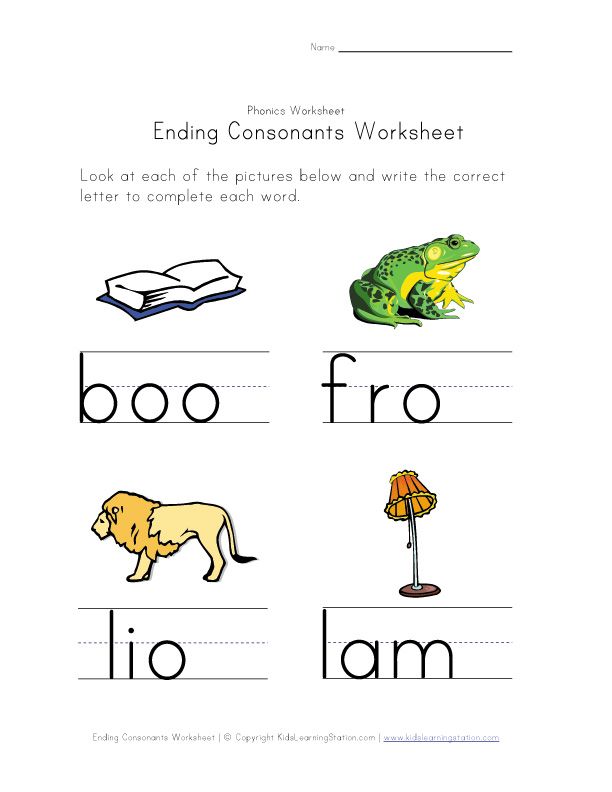 g. dyslexia
g. dyslexia
SkillListeningReadingSpeakingSpellingWriting
Language ExamBULATSCambridge: Advanced (CAE)Cambridge: First (FCE)Cambridge: Key (KET)Cambridge: Preliminary (PET)Cambridge: Proficiency (CPE)Cambridge: Young Learners (YLE)CaMLA: ECCECaMLA: ECPECaMLA: EPTCaMLA: MELABCaMLA: METCaMLA: YLTEECLIELTS (General)IELTS AcademiciTEP AcademiciTEP BusinessiTEP HospitalityiTEP SLATEPTE (General)PTE AcademicSTEP EIKENTELCTOEFLTOEICZD
DialectAmerican EnglishAustralian EnglishBritish English (UK English)Canadian EnglishIrish EnglishNew Zealand EnglishScottish EnglishSouth African EnglishWelsh English
Communicative functionhow to accuse somebody of something in Englishhow to apologize, say sorry, forgive and express regret in Englishhow to arrange appointments in Englishhow to ask for information and make inquiries in Englishhow to ask for something, make requests in Englishhow to avoid saying something in Englishhow to be ceremonial in Englishhow to be vague in Englishhow to blame somebody for something in Englishhow to calm down people in Englishhow to clarify something in Englishhow to congratulate people in Englishhow to contrast and compare in Englishhow to criticize somebody in Englishhow to defend yourself from criticism in Englishhow to deny or admit something in Englishhow to describe things or people in Englishhow to draw conclusions in Englishhow to emphasize important things in Englishhow to encourage or discourage people in Englishhow to evaluate people or progress in Englishhow to explain things in Englishhow to express agreement /disagreement in Englishhow to express approval and disapproval in Englishhow to express cause and effect in Englishhow to express disappointment in Englishhow to express disgust in Englishhow to express doubt in Englishhow to express envy in Englishhow to express fear in Englishhow to express hope in Englishhow to express indifference in Englishhow to express interest in something in Englishhow to express likelihood, probability in Englishhow to express likes and dislikes in Englishhow to express love or anger in Englishhow to express preferences in Englishhow to express relief in Englishhow to express sadness in Englishhow to express sequence and chronology in Englishhow to express shock and disbelief in Englishhow to express speculations in Englishhow to express surprise in Englishhow to express sympathy and condolences in Englishhow to express threats in Englishhow to express unwillingness in Englishhow to express your needs in Englishhow to give advice in Englishhow to give commands in Englishhow to give consent in Englishhow to give opinions in Englishhow to give permission, authorization in Englishhow to give toasts in Englishhow to give warnings in Englishhow to greet people in Englishhow to haggle and bargain in Englishhow to inform somebody about some news in Englishhow to instruct people in Englishhow to interpret what was said in Englishhow to interrupt people in Englishhow to introduce people in Englishhow to introduce yourself in Englishhow to invite people in Englishhow to keep a conversation going in Englishhow to make complaints in Englishhow to make compliments in Englishhow to make generalizations in Englishhow to make good wishes in Englishhow to make guesses about something in Englishhow to make predictions in Englishhow to make promises in Englishhow to make suggestions in Englishhow to make, accept and refuse offers in Englishhow to order or make a booking in Englishhow to persuade, convince people in Englishhow to praise people and express appreciation in Englishhow to reassure somebody of something in Englishhow to refuse and object to something in Englishhow to remind people of something in Englishhow to rephrase, paraphrase what was said in Englishhow to say NO nicely in Englishhow to say thank you, express gratitude in Englishhow to scold somebody in Englishhow to start a conversation in Englishhow to summarize in Englishhow to tell a story in Englishhow to tell bad news in Englishhow to welcome people in English
Solutionyesno
More filters
Vowel sounds and letters.
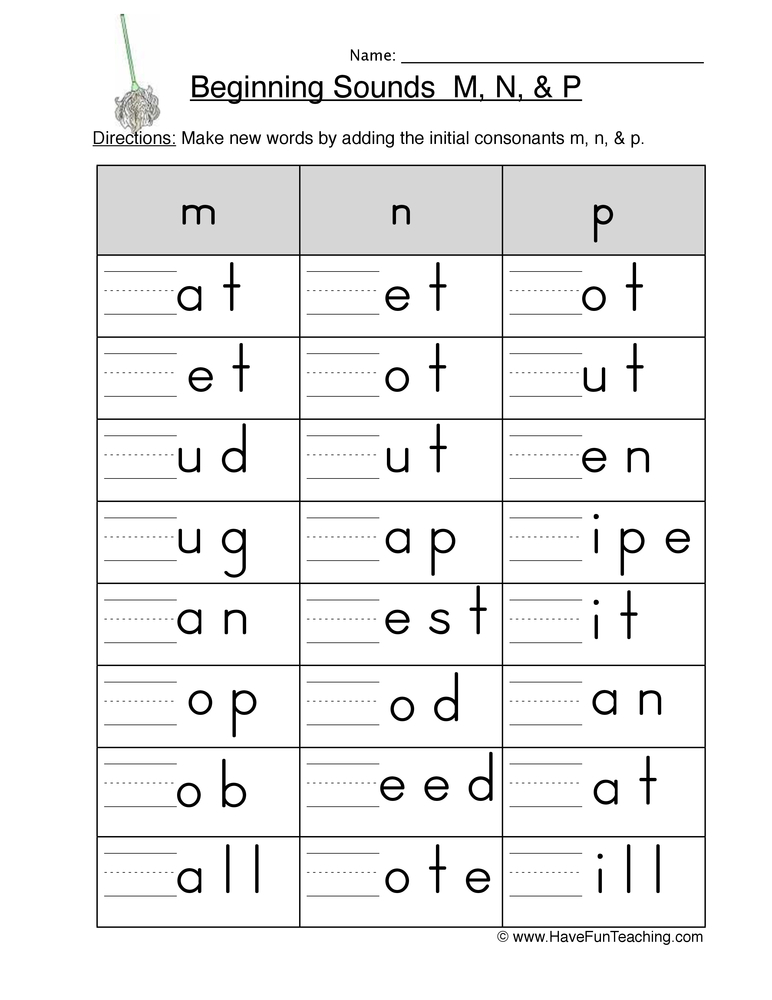 How many are there in Russian?
How many are there in Russian? Free introductory lesson in Russian
Enroll
Correct pronunciation of words is one of the components of beautiful and literate speech. To achieve this, you will first have to study the sounds themselves. In this article, we will figure out together what vowel sounds are, how many vowels are in the alphabet of the Russian language, and what sounds they can represent.
What are vowels and sounds
Vowel sounds are those sounds that we freely convey with our voice. Hence their name comes from: voice means "voice". When pronouncing, air exits through the mouth and does not create noise, and the position of the tongue and lips determines which vowel sound we will pronounce.
There are much fewer vowels in Russian than consonants. There are 6 of them in total: [a], [o], [i], [s], [y] and [e].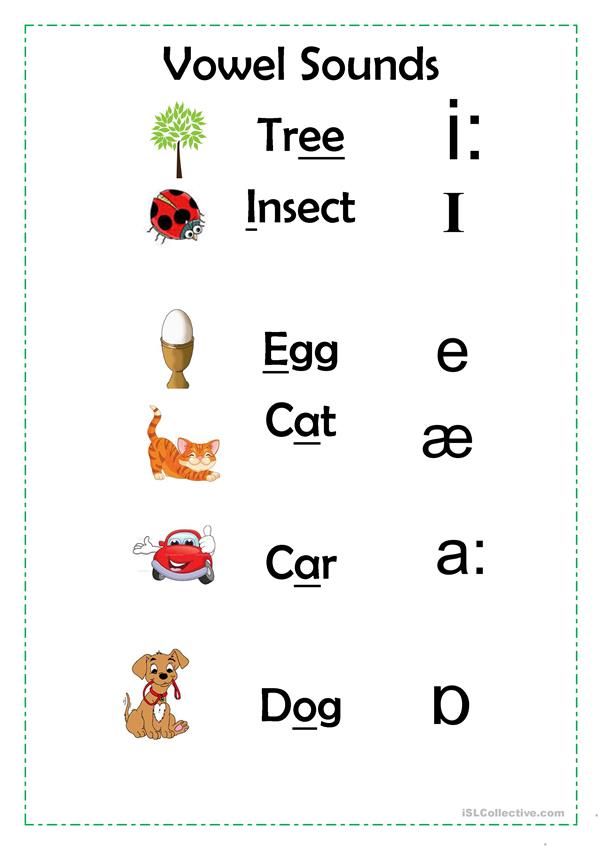 To understand whether a vowel sound is in front of you or not, try to sing it. For example:
To understand whether a vowel sound is in front of you or not, try to sing it. For example:
-
a-a-a ,
-
woo
-
s-s-s .
If it works, then the sound is a vowel. You can't do that with consonants.
There are more vowels than sounds - there are 10 of them: a, i, u, u, o, e, e, e, i, s . This difference is due to the fact that some of these letters can represent two sounds and are pronounced using a combination of a vowel and a consonant [y']. For example, in the word spruce the letter e two sounds are expressed - [y '] and [e]. Let's look at the table all the vowel sounds and the letters that represent them.
| Letter | Sound | Example |
|---|---|---|
| a | [a] | pharmacy |
| i | [a] [d'] + [a] | change anchor |
| y | [y] | moon |
| [y] [y'] + [y] | love skirt | |
| about | [o] [a] | horse milk |
| e | [e] [y'] + [e] [and] | victory raccoon great |
| e | [o] [d'] + [o] | rope hedgehog |
| e | [e] | evolution |
| and | [and] [s] | caviar life |
| s | [s] | choice |
Demo lesson in Russian
Take the test at the introductory lesson and find out what topics separate you from the "five" in Russian.
How vowel sounds are related to syllables
Vowel sounds form syllables - sound segments of words that we pronounce with one breath. One syllable can be either a vowel with one or more consonants, or a vowel alone. There is even a rule by which syllables can be counted: how many vowels in a word - so many syllables.
For example, in the word journey there are 5 vowels: [u], [i], [e], [i] and [e]. This means that it has 5 syllables: p-te-she-stv-e .
Test yourself!
Count the number of syllables in the words: try on, tanner, well-groomed, care, prefix, capital, wet, invitation, orange .
Vowel sounds and stress
Now let's see what groups vowel sounds are divided into. Sometimes their pronunciation depends on whether the stress falls on them, that is, whether we single them out with our voice. So vowel sounds are divided into stressed and unstressed.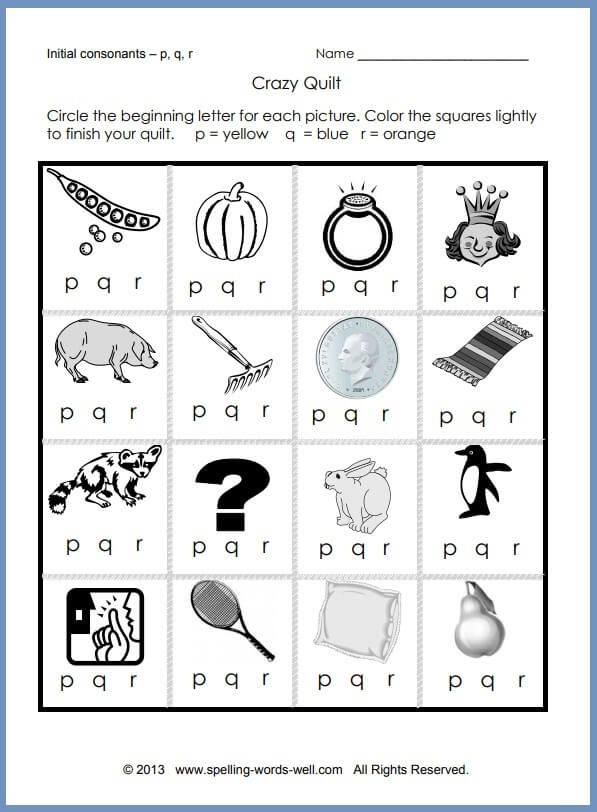 Here are some examples:
Here are some examples:
| | | |
|---|---|---|
| | | |
| | | |
| | | |
Stress in Russian can fall on any of the existing vowel sounds. However, only 4 of them can be unstressed - these are [a], [i], [y] and [s]. In this position, we pronounce sounds weaker than under stress, because of which they can change qualities and sound differently.
Interestingly, the vowels [o] and [e] can only be stressed. There are only a couple of exceptions to this rule: for example, in words cocoa and canoe sounds [o] and [e] in an unstressed position.
How unstressed vowels are related to consonants
How an unstressed vowel sounds depends on the consonant that precedes it. Or rather, from its hardness or softness. If it is a hard consonant, it can be followed by unstressed vowels [y], [a] and [s]. When we talk about a soft consonant, it is followed by unstressed vowels [y] and [and].
| | |
|---|---|
| | |
| | |
| | |
Free English lessons with a native speaker
Practice 15 minutes a day.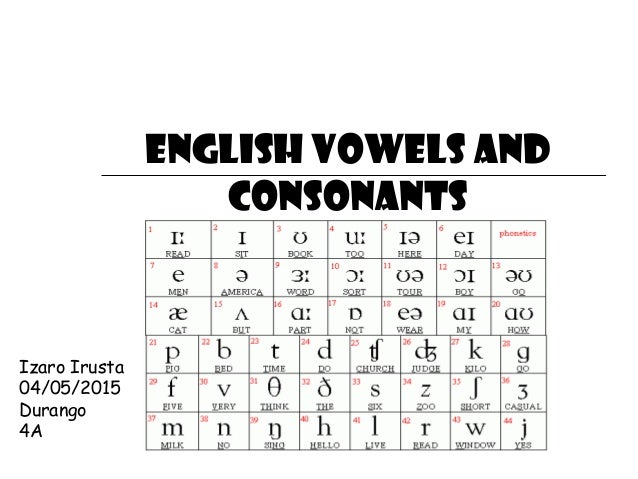 Learn English grammar and vocabulary. Make language a part of life.
Learn English grammar and vocabulary. Make language a part of life.
Test yourself
It's time to find out if you now understand well what vowel sounds are in Russian. To do this, we have prepared tasks for self-examination.
Task 1
List all the vowel sounds in these words:
-
screech,
fair,
rejoice,
doll,
distant,
buddy,
voting,
mirror,
story,
OK,
captivate.

Task 2
Name 5 words each in which the sounds [a], [i], [y] and [s] would be stressed.
Task 3
Name 5 words in which an unstressed vowel would come after a hard consonant and 5 more words where it would follow a soft consonant.
Task 4
Count the number of syllables in the words below (don't forget to use the rule you learned at the beginning of the article!):
-
weightless,
-
sunrise,
-
adventure,
-
painter,
-
perpetuate,
-
pleasant,
-
image,
-
category,
-
exciting,
-
melting,
-
snowflake.

The rules of phonetics help us to speak correctly, so it is important to master the topic of vowels well and avoid gaps in knowledge. If even after reading the article you still have questions on the topic, you can figure them out in the Russian language course at Skysmart. In online lessons, the teacher will help the student work out the theory and consolidate the result on non-boring tasks. So the student will be able to improve the quality of knowledge, and fall in love with the subject.
Cheat sheets for parents
All Rules in Russian at hand
Alena Fedotova
Author Skysmart
to the previous article
Supplement
for the next article
phonetic analysis "
continue to teach children how to conduct ZAS; distinguish between vowels, hard and soft consonants. Consolidate knowledge about the syllable-distinctive role of vowels, cultivate perseverance.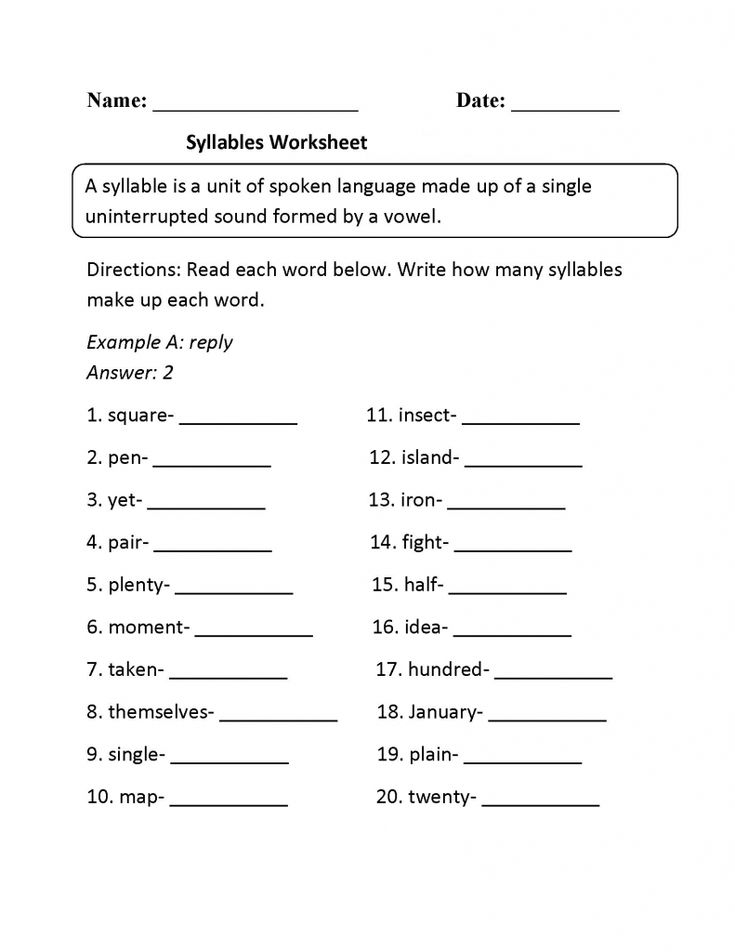
Viewing the contents of a document
"Fundamentals of the diploma "Sound analysis of the word" Sheet ""
No. 9 Yeresek Tobyna Arnalkan ұymdastastylkan OKU
IS-әSTINIL Technologies Cartas
Ground group
Date: 01/09/2019 G
APTA TAKYYBI /Theme of the month : "World of Nature" TAKYryPsha /Substream: "Plants around us"
BILIM SALSIA /ODITA : Communication
Bөlim / Section: Fundamentals of diplomas and letters
TAKYryP / Topic: Sound analysis of the word "leaf" MAKSAT / Purpose: Continue the children; distinguish between vowels, hard and soft consonants. To consolidate knowledge about the syllable-distinctive role of vowels, to cultivate perseverance.
To consolidate knowledge about the syllable-distinctive role of vowels, to cultivate perseverance.
"leaf"
Questions:
- How many sounds are in the word "leaf"?
- How many vowels?
- How many consonants?
- How many syllables are there in this word? How did you know?
- What is the vowel?
- Name a soft consonant.
- Solid consonants?
Game with tasks in the word "sheet".
Calls to itself: the first sound, the third, the second, the fourth.
The word at the blackboard is taken apart by four children in turn.
4
1
3
1 syllable (if there is one vowel of the word, it means 1 syllable)
and
l
perform tasks
We are leaves, leaves,
We are sitting on branches.
The wind blew - they flew.
We flew, we flew
And quietly sat on the ground.
The wind came up again
And picked up all the leaves.
They swirled - flew
And quietly sat down on the ground.
Game "Sound Lost"
Children listen to a rhyme in which the sound got lost:
There are no roads in the swamp,
I'm like cats - hop and hop!
In this poem, the children say, the sound "sh" got lost,
instead of it, you need to put the sound "h", you get " bumps."
Draws attention to the fact that by adding one sound to the word a new word was obtained.
Name the words game .
The teacher offers to name words that begin with the same sound as the word "leaf".